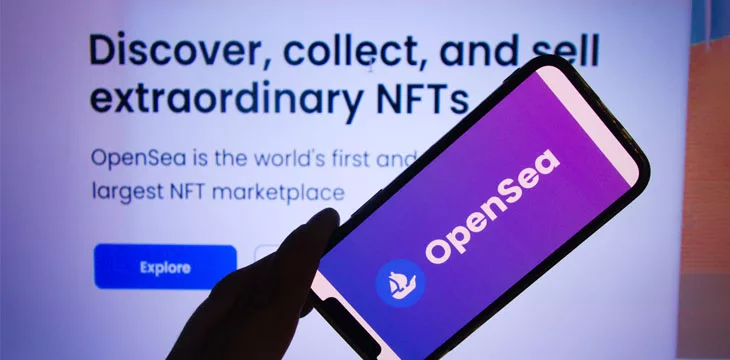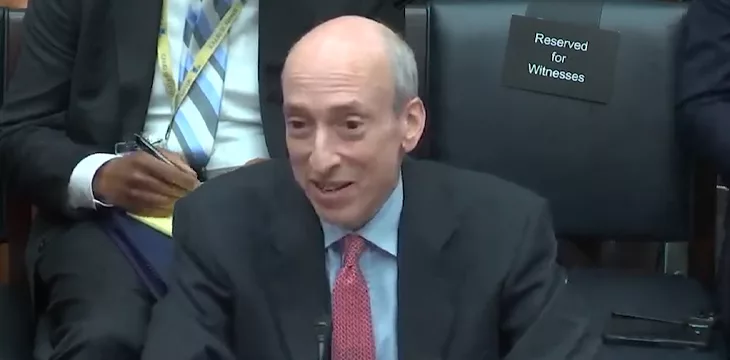
Search Results for: cartel
BitBoy fails to show up to court, gets referred to the FBI
Ben Armstrong's absence in court to face harassment charges has irked Florida Judge Damian, threatening the FTX influencer with an...
OpenSea NFT ex-employee to undergo trial as judge rules in favor of using ‘insider trading’ term
Apart from ruling against Nathaniel Chastain's plea to avoid using the term "insider trading" during the trial, the district court...
Taylor Swift evaded FTX due to securities violation concerns, lawyer says
Taylor Swift was the only celebrity who bothered to ask FTX if they were offering unregistered securities, and it saved...
US: Reginald Fowler faces 7 years in prison over crypto shadow banking activities
Reginald Fowler, who ran Crypto Capital Corp, is to be sentenced on April 20 and the DOJ is pushing for...
Digital Currency Group’s Luno exchange cuts off Singaporean users
After laying off 35% of its staff in January, Luno is now ceasing its services in Singapore amid increased regulatory...
Republicans to SEC’s Gensler: Leave ‘crypto’ alone!
Gary Gensler took a jab from Rep. Patrick McHenry after claiming that the 'crypto' market is noncompliant with the law,...
Recent
Trending
Most Views

 07-04-2025
07-04-2025 

























